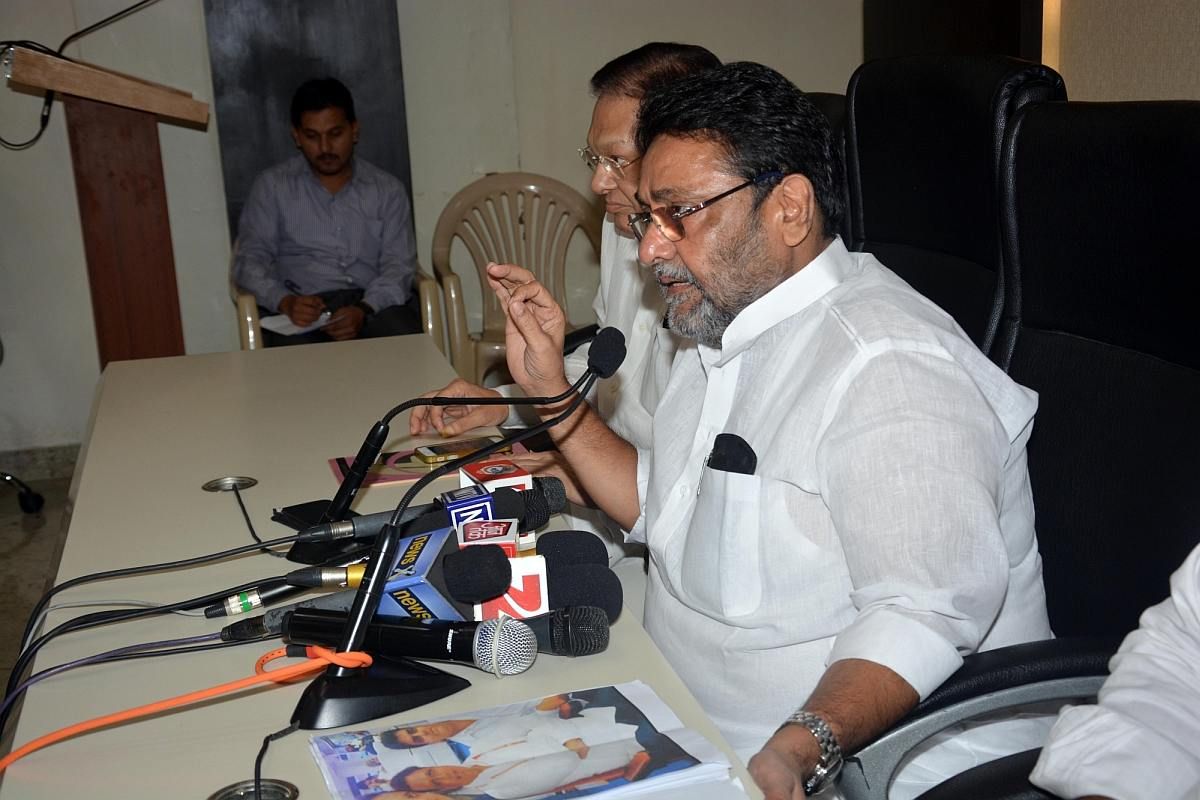India’s Got Latent: SC issues notice on YouTuber Ashish Chanchlani’s plea against FIRs
SC issues notice on YouTuber Ashish Chanchlani’s plea to quash or transfer FIR in India’s Got Latent case; tagged with Ranveer Allahabadia’s petition.
The Supreme Court had held that Loya had died of ‘natural causes’ on December 1, 2014, and had rejected PILs seeking an SIT probe into the death, questioning their motive.

NCP leader Nawab Malik (Photo: IANS)
The Maharashtra government would consider an investigation into the death of special CBI judge BH Loya in 2014 if it gets any complaint with substantial evidence, a minister said on Wednesday.
CBI judge BH Loya, who was hearing the high-profile Sohrabuddin Sheikh fake encounter case of Gujarat, had died of cardiac arrest in Nagpur on December 1, 2014, when he had gone to attend the wedding of a colleague’s daughter.
Advertisement
NCP spokesperson and state minister Nawab Malik spoke about the Loya death case which had reached the Supreme Court after a party meeting in Mumbai.
Advertisement
Speaking to reporters in Mumbai after the NCP held a three-hour-long meeting of its ministers in the Shiv Sena-led government, Malik said, The government will consider reopening of judge BH Loya death case if any complaint is received with substantial evidence.”
The meeting was presided over by NCP chief Sharad Pawar.
If the complaint contains some substance, then only investigation will be done. There will be no inquiry in the matter without any reason, he said.
After the Sena-Congress-NCP government was formed in Maharashtra last year, Pawar was asked whether there will be any probe into the alleged suspicious death of Loya, Mr Malik said.
Pawar had made it very clear that investigation into the case of judge Loya was possible. The state home minister (Anil Deshmukh) had also indicated so, he said.
The Supreme Court had held that Loya had died of “natural causes” on December 1, 2014, and had rejected PILs seeking an SIT probe into the death, questioning their motive.
The top court had held that petitions were moved by political rivals to settle scores which was a serious attempt to scandalise the judiciary and obstruct the course of justice through a “frontal attack” on it.
Advertisement